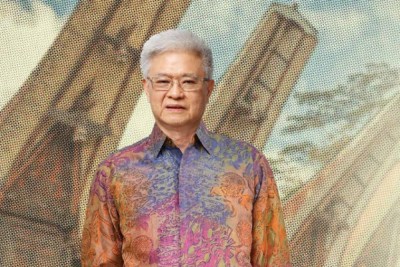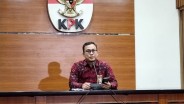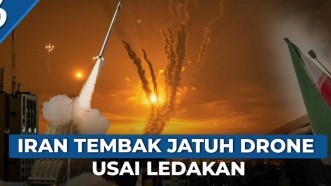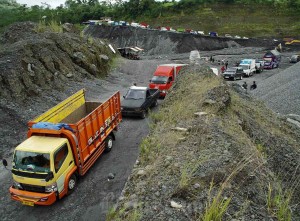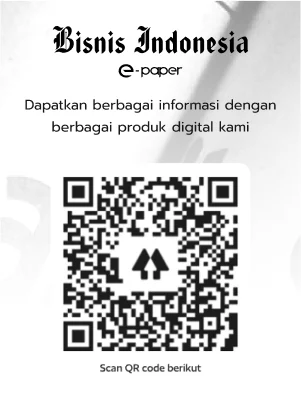JAKARTA: Most sectors booked a great performance for first quarter of 2010, but otherwise public securities company reported weakening performance further.
About 8 0f 9 securities companies listed in Indonesia Stock Exchange for a period of first quarter 2011 reported lower net income by 23.5% to 60.74 billion from IDR79.47 billion in the same period of last year along with declining revenue by 0.7% to IDR170.43 billion.In addition, only three of the eight securities booked higher net income led by PT Yulie Sekurindo Tbk with 204% and the last position was stood by PT Reliance Securities tbk with minus 77.9%. President Director of PT HD Capital Tbk Anthony Kristanto confirmed at least three factors contributed for the negative performance, namely weakening market, electronic trading system, and tighter competitiveness among securities.Moreover, tighter competitiveness has dragged down the transaction cost leading to lower income, he said in Jakarta, yesterday.Low transaction tariff for boosting industry growth has created pressure and negative impacts for securities entities. Furthermore, investor basis of capital market in Indonesia still stays at back of regional markets.Considering on HD Capitals performance, the management is still optimistic for the better performance in the next quarter as it had launched online trading facility in September last year.Having another opinion, Financial Director of PT Trimegah Securities Tbk Ubaidillah Nugraha affirmed that weakening market is the main contribution for lower performance of securities companies. But, that depends on chosen strategies.Our net income is still stay at our estimation supported by highest contribution from investment banking and asset management. Throughout first quarter of 2011, the both have enhanced by 20% each, he said. Minimum tariffSeparately, according to Reliance Securities President Director Nicky Hogan, of three factors contributing to modest performance of securities companies, only tight competitiveness problem has not been resolved yet.As a matter of fact, such problem has been unveiled for quite long and regulators do acknowledge this problem. Nevertheless, tariff war amongst brokers in the last one year still takes place as this results into particular unhealthy competition in the capital market industry, he said.Adding to that, securities companies have attempted to establish certain formulation or mechanism that can minimize such unhealthy competition. On this basis, Indonesias Securities Companies Association establishes an assessment team.This team functions to evaluate the tariff measurement or stock trading minimum fee that will be further agreed by the capital market industry. The members are Reliance Trimegah, PT Panin Securities Tbk and PT Indopremier Securities.Based on that assessment, it was agreed that the minimum fee should reach 0.175% of the transaction. Until now, several brokers still impose nearly 0.5% tariff. For the small scale securities company, this has huge influence. We expect the regulators to support this proposal, he said.Regulators do not manage the transaction tariff for brokers as it is best for the securities industry to determine the tariff by themselves, Head of Capital Market and Financial Institution Watchdog, Nurhaida responded.Moreover, such tariff determination was once established. Such agreement was once reached. Yet, regarding to the minimum fee, we have not regulated it yet so, let leave this matter to the securities companies, she said.President Director of PT Bursa Efek Indonesia, Ito Warsito shared the similar notion as he stated that the exchange members must manage the minimum fee transaction by themselves particularly by employing and prioritizing a fair competition.The members of the exchange must also be careful in implement the mechanism of stock trading fee of other country in Indonesia. The fee measurement highly depends on the condition of an exchange and the situation of one country.For example for the low tariff of 0.5%, to consider it as a low level or not, it highly depends on ones perspective. If it is considered low, we shall calculate with a healthy competition basis. Afterwards, all the related parties may determine the proper level for the industry. We cannot manage it by ourselves, he said. (t01/T02/wiw)
Cek Berita dan Artikel yang lain di Google News dan WA Channel

